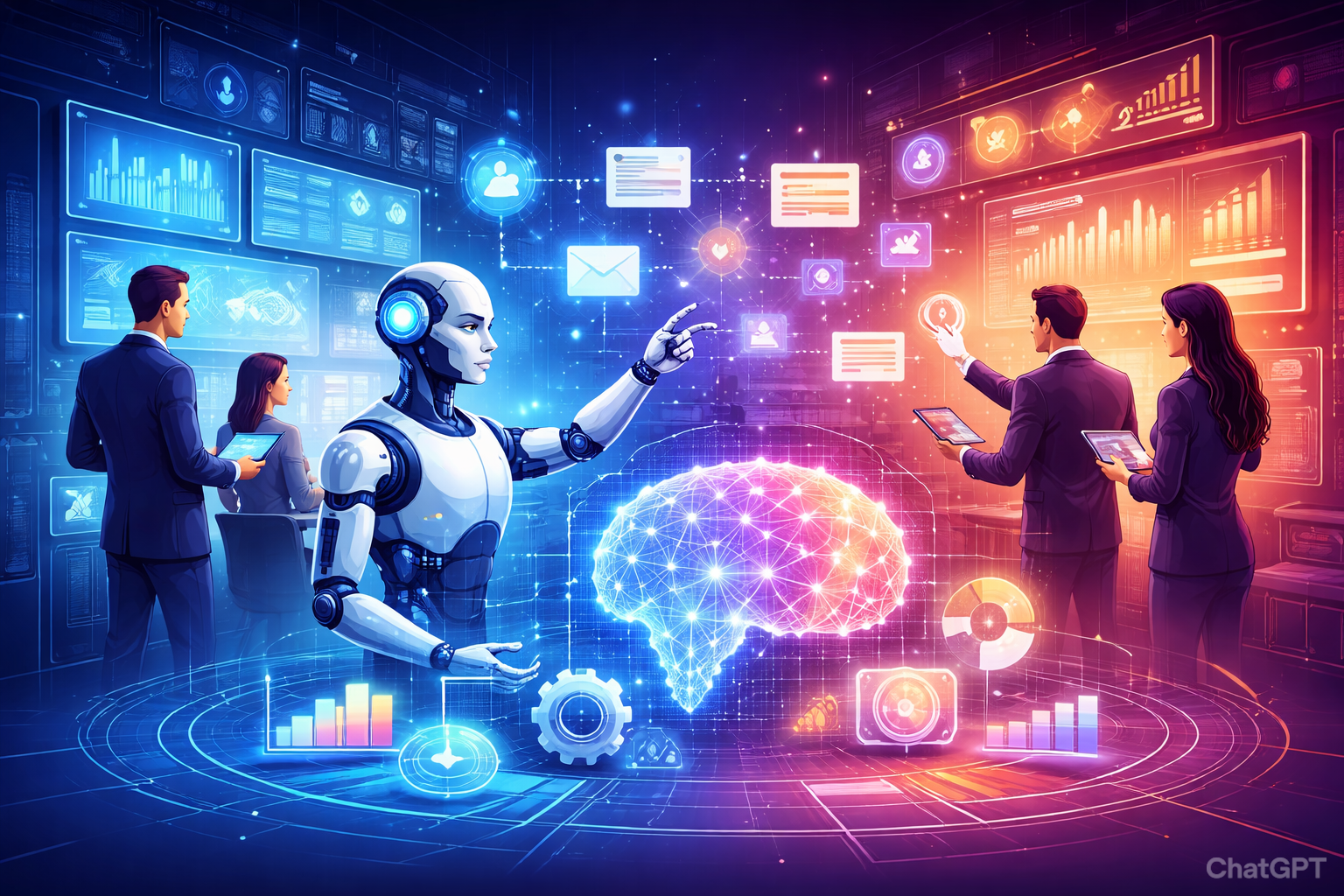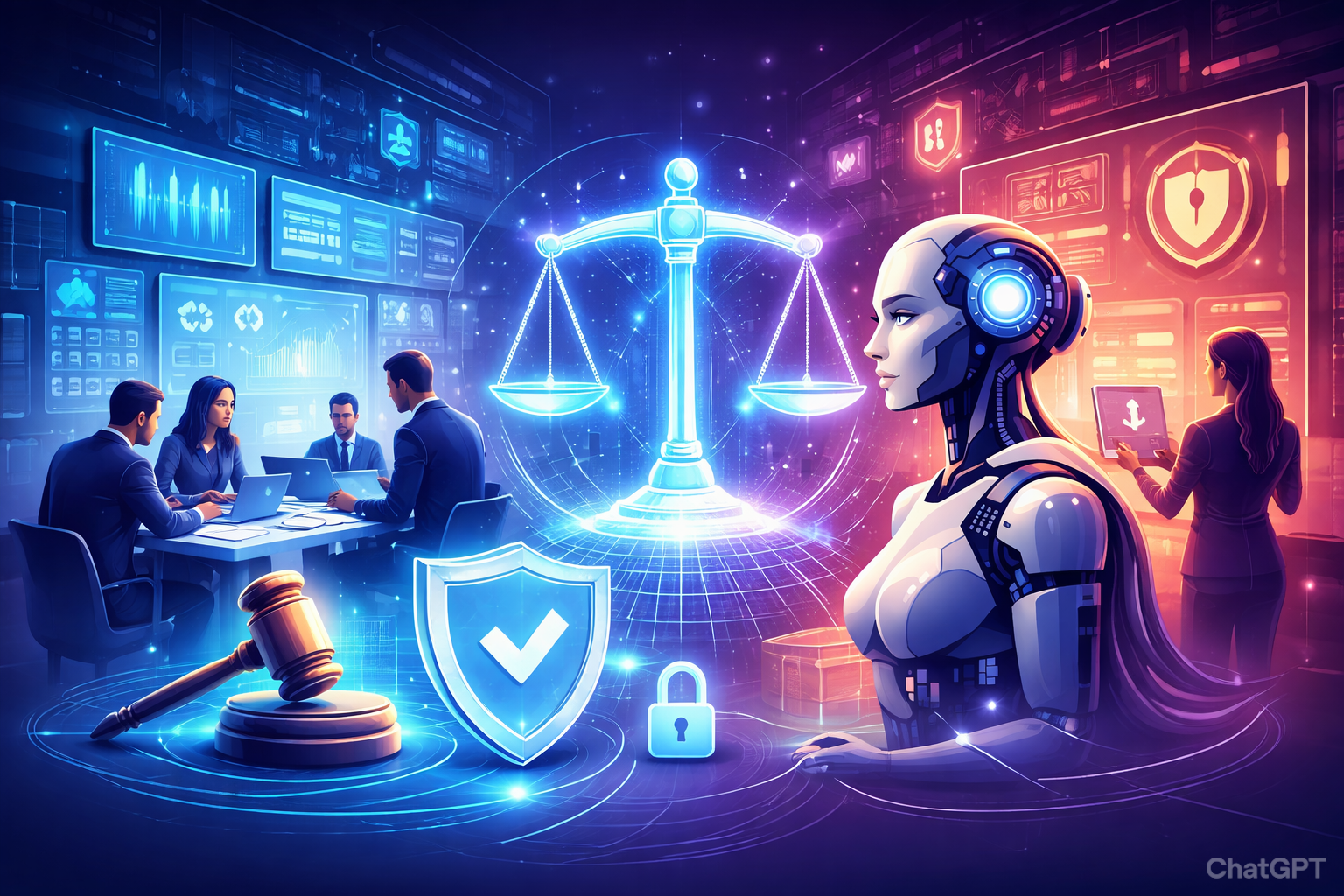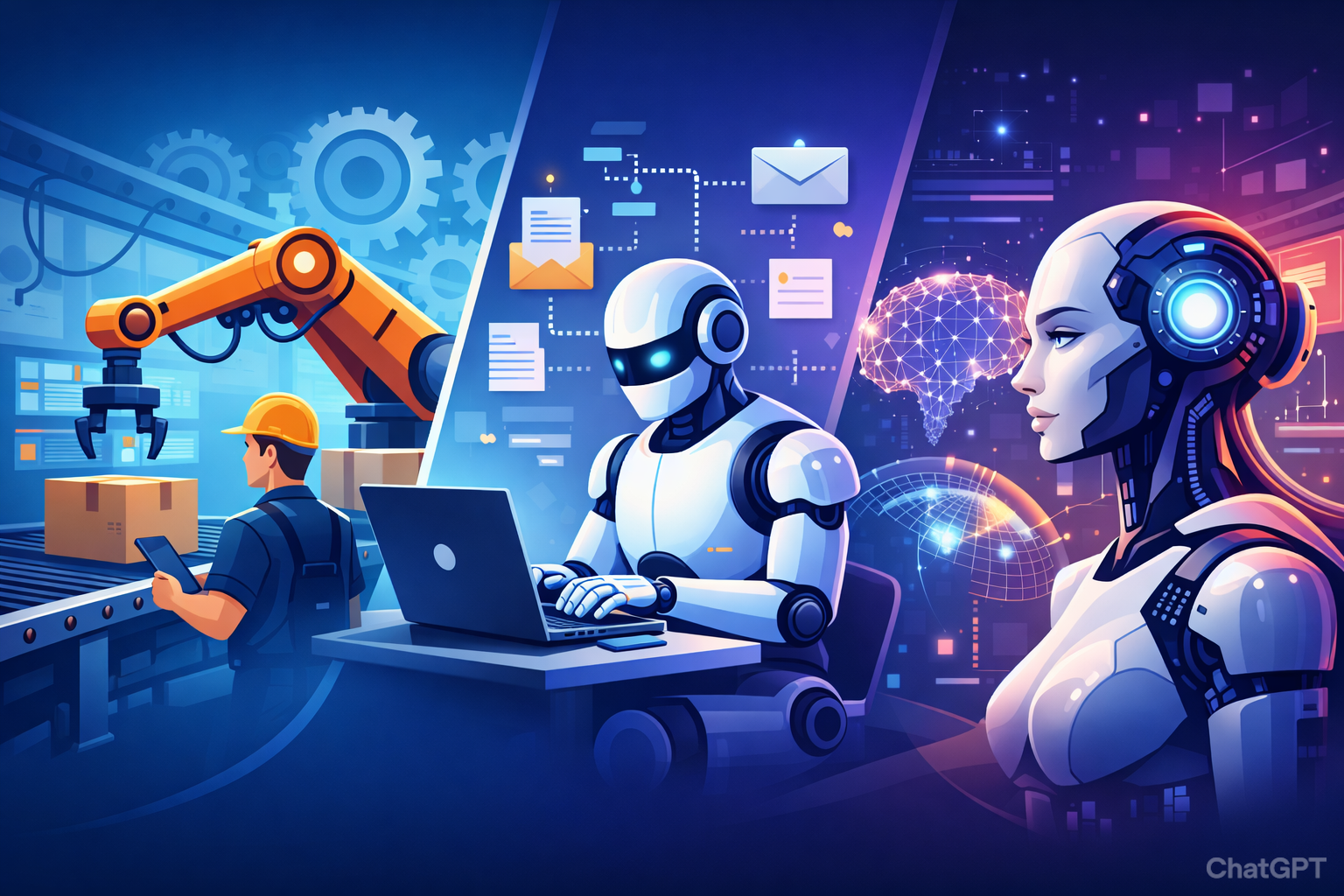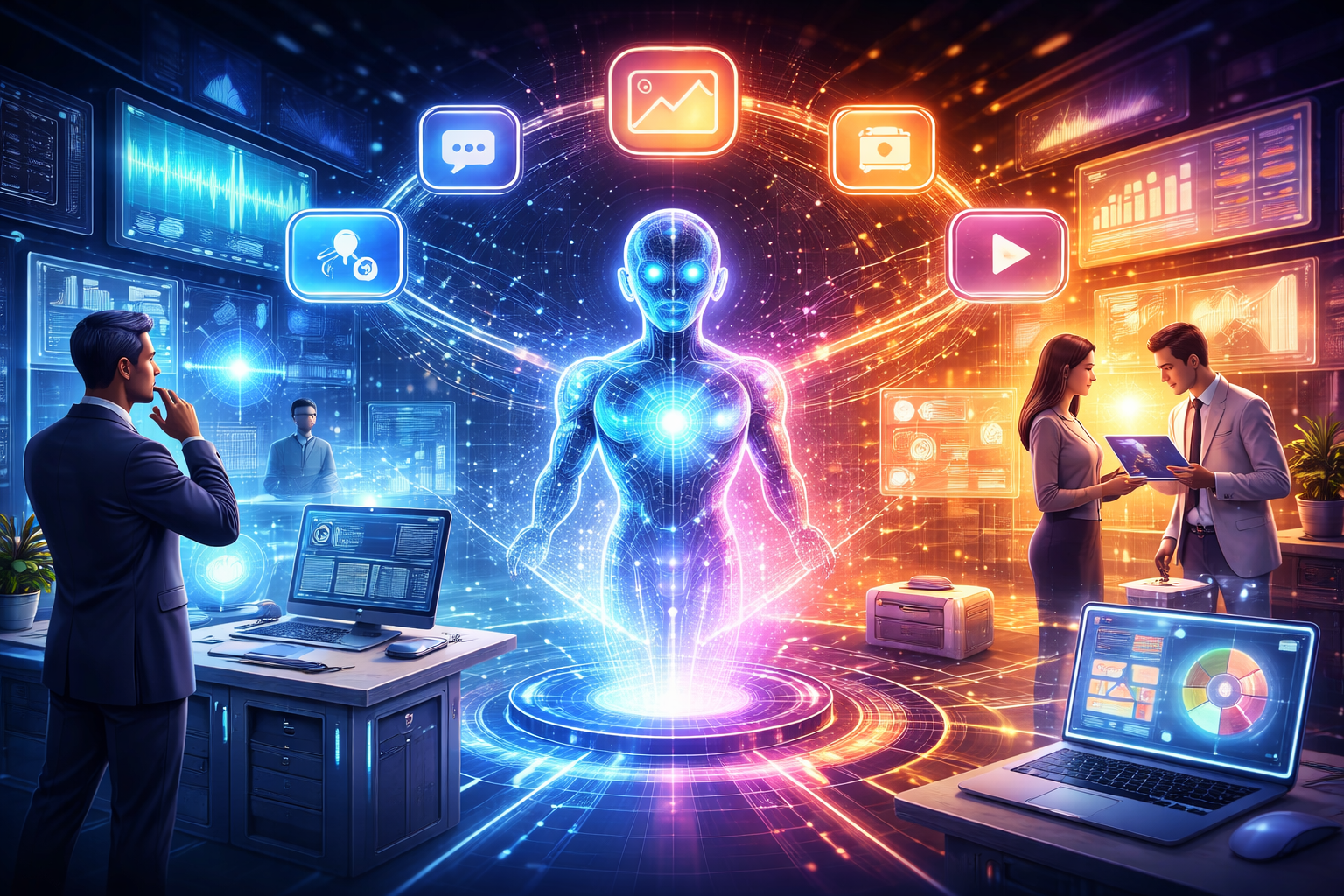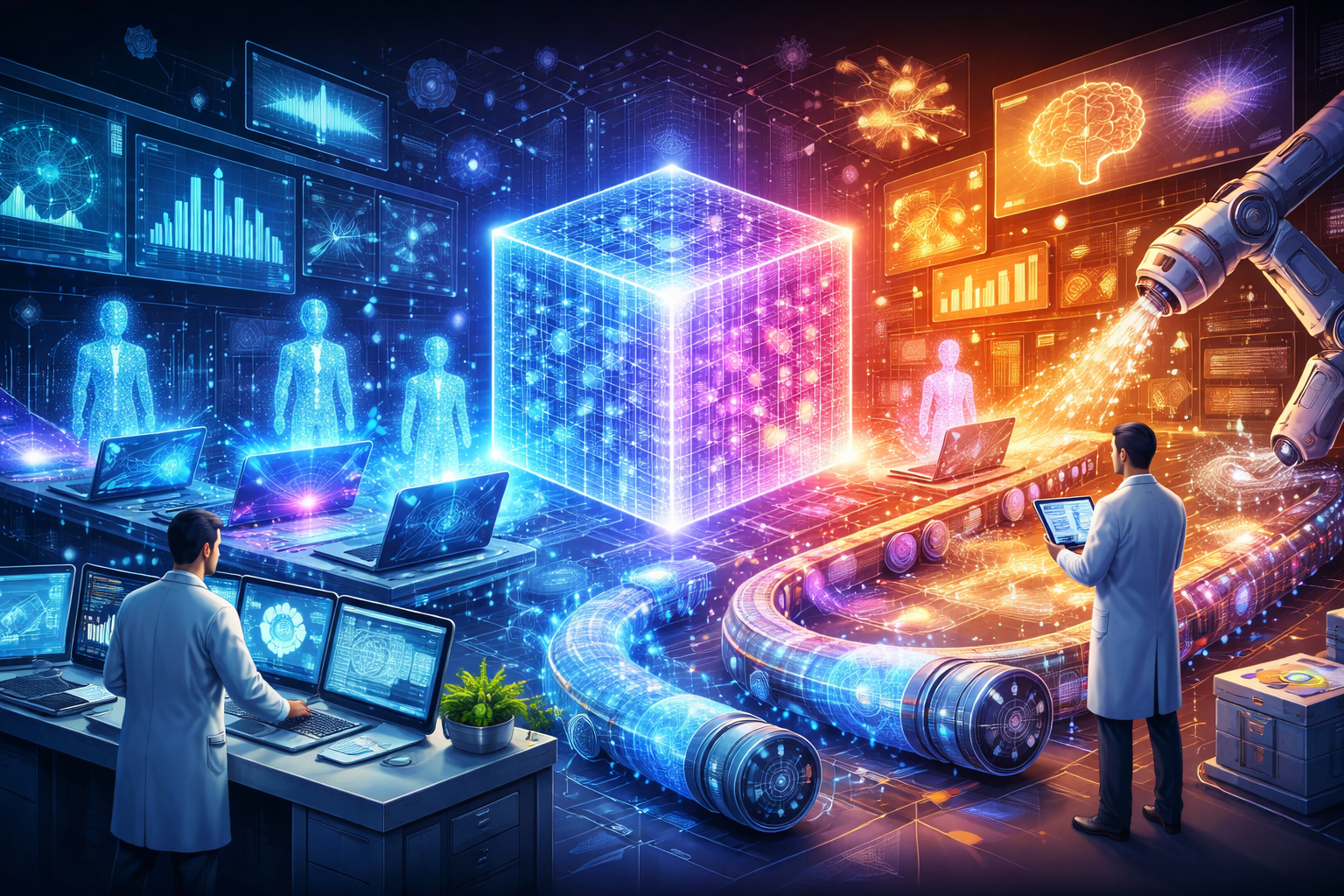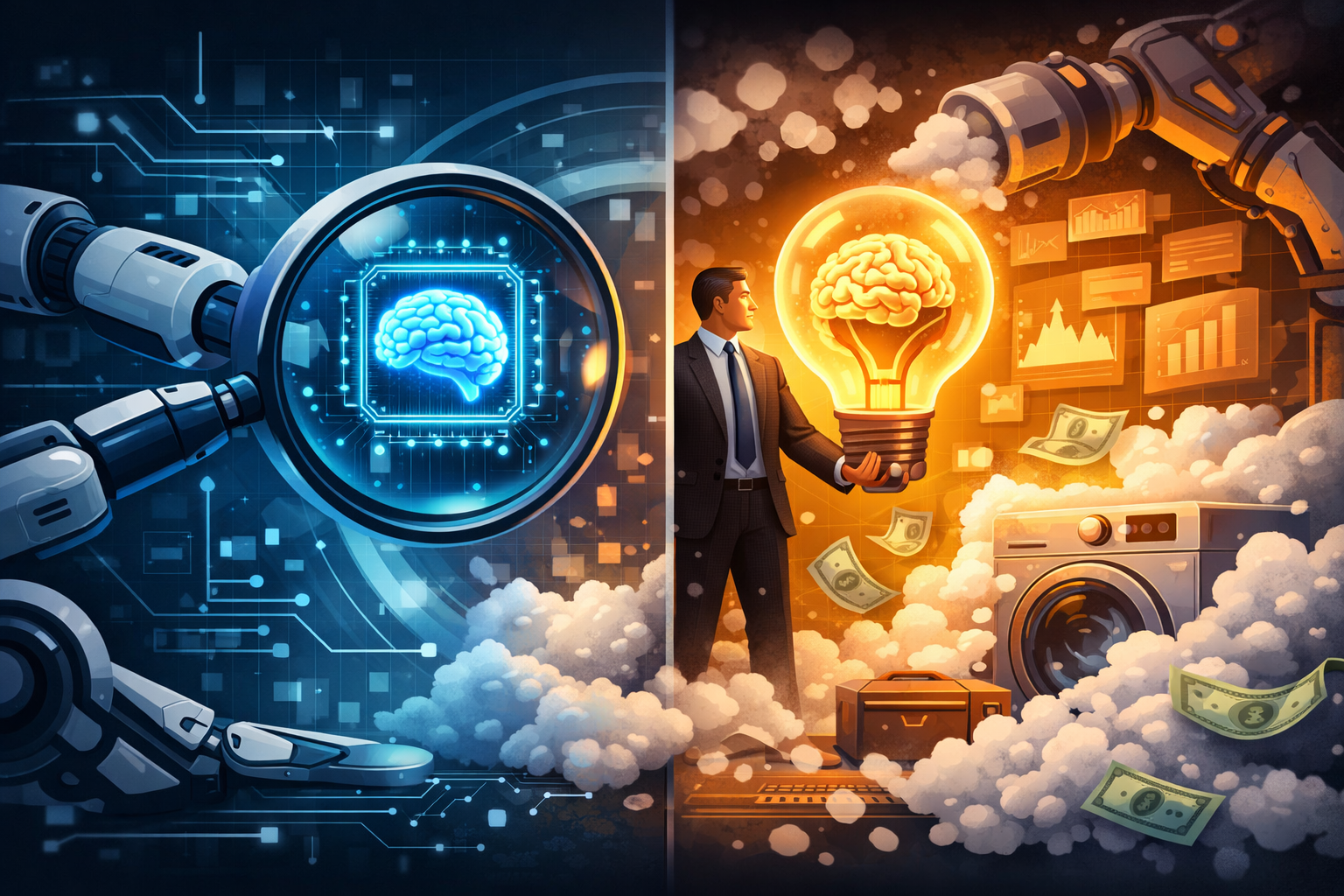Artificial intelligence is driving a new age of business transformation. Two of its most compelling developments, AI voice technology and automation of CRM, are transforming customer interaction and operational effectiveness. When augmented with custom software development, these technologies spawn intelligent, interactive, and highly scalable solutions that provide businesses with a competitive advantage.
The Growing Impact of AI Voice
AI voice technology has progressed well beyond basic commands and virtual assistants. What started with products such as Siri and Alexa has evolved into enterprise applications that can conduct natural, human-like conversations. Companies are applying AI voice to customer service, sales, health care, logistics, and retail, and employing it as a front-line device to engage with customers effectively.
For instance, an AI voice assistant for a call center can respond to customer inquiries, solve typical problems, and record conversations automatically. Sales teams can utilize AI voice systems to make initial calls, qualify leads, and offer consistent follow-up calls. This not only increases efficiency but also guarantees that each interaction is customized and quick.
Growth in the use of AI voice is fueled by its capability to enhance customer experiences, lower operational expenses, and enable businesses to operate at a speed and scale that cannot be achieved by humans. It is increasingly becoming a common feature in custom software development, particularly for firms that wish to include conversational functionalities in their digital systems.
How to Understand CRM Automation
Automation of CRM is also revolutionary. Customer relationship management systems in the past have typically been dependent on manual entry, tracking, and reporting. Automation has revolutionized that. Contemporary CRM solutions automate mundane tasks like follow-up, lead nurturing, segmentation, and reporting, allowing companies to spend more time on strategy and growth.
Through automating business processes, companies have a complete picture of their customers in real-time. This translates to sales teams knowing precisely when to contact them, marketing campaigns that are better targeted, and customer service representatives who can reply quicker with the right information. The outcome is stronger bonds, improved retention, and increased sales.
For businesses with unconventional processes, generic CRM platforms are not adequate. That is where custom software development is used, enabling organizations to create CRM systems that specifically cater to their individual workflows, sectors, and customers.
The Power of Merging AI Voice and CRM Automation
When AI voice and CRM automation are combined, they establish a new benchmark for customer interaction. Envision having a customer call your company and interacting with an AI voice interface. Rather than merely recording the request, the system not only updates the CRM automatically with the interaction but also reviews previous customer history and provides real-time suggestions. If the problem is anything that needs human intervention, the call is transferred to an agent who has the full context in his or her hands already.
This unification creates seamless customer experiences, resolves issues quickly, and derives useful insights from voice and CRM data. It also enables companies to scale their business extensively without compromising on personalization. In short, the combination of AI voice and CRM automation transforms reactive businesses into proactive ones that can know what their customers need before they even articulate it.
Why Custom Software Development Matters
Although there are off-the-shelf solutions, these never cater to the unique and varied requirements of all organizations. Custom software development ensures that AI voice and CRM automation are merged in a manner that suits a company’s operations to the letter.
Custom solutions enable the integration of AI voice assistants with current systems, bespoke CRM workflows, and the creation of advanced analytics for specific objectives. A hospital, for instance, can employ a custom solution that enables the scheduling of appointments using AI voice while at the same time updating the CRM with patient history, reminders for follow-ups, and billing information. Retailers, on the other hand, can concentrate on developing interactive shop assistants with automated loyalty tracking.
This adaptability is what makes custom software development so important. It provides companies with complete ownership of the way these technologies are rolled out, so they can achieve the greatest effect.
Industry Usage
The convergence of AI voice and CRM automation is already apparent in many industries.
In medicine, an AI voice assistant assists patients in making appointment bookings, accessing records, and being reminded of follow-ups. CRM automation is making sure patient histories are monitored and updated, enhancing continuity of care.
Customers in retail are now interacting more with AI voice to enquire about products, order, or check availability. CRM automation fills in by offering targeted promotions and monitoring purchase trends.
In banking, AI voice solutions enable customers to check balances, report a problem, or ask a question, while CRM automation provides compliance, fraud prevention, and efficient client management.
In logistics, AI voice makes it possible for drivers to update shipment statuses with their hands. CRM automation further facilitates that the customers are informed in real time, enhancing transparency and satisfaction.
In all these industries, the result is the same: greater efficiency, improved customer interaction, and the capacity to scale without sacrificing the personal touch.
Challenges and Considerations
For all the advantages, deploying AI voice and CRM automation is not without difficulties. One of the greatest concerns is data privacy and regulation. With sensitive customer engagement comes the need for stringent security controls and compliance with regulations. Legacy systems integration is another barrier, as older infrastructures may lack compatibility with contemporary AI-based tools.
The expense of initial development is also a factor. Although the most useful solutions are bespoke, they can be costly. Moreover, companies tend to encounter opposition from staff members who resist new systems.
Such difficulties are, however, conquerable. Through the appropriate development partners and a properly defined implementation plan, businesses can defeat these obstacles and achieve long-term benefits.
The Future of AI Voice and CRM Automation
The future of AI voice and CRM automation in bespoke software development is rosy. AI voice is evolving toward more natural and emotionally intelligent dialogue, and CRM automation is developing toward predictive analytics, employing machine learning to forecast customer actions.
What this implies is that companies will be able to access software systems in the near future that don’t just react to needs but anticipate them. Hyper-personalization, predictive analytics, and self-governing decision-making will be the norm in custom software solutions for the next generation. Organizations that adopt these technologies today will be in a more advantageous position to remain competitive in the coming years.
Conclusion
AI voice and CRM automation are transforming custom software development into smarter, more interactive, and customer-centric offerings. In conjunction with each other, they allow businesses to grow cost-effectively, enhance customer satisfaction, and make operations easier in ways previously unheard of. By applying these technologies, businesses can stay adaptable, competitive, and future-proof.
At Syncrux, we are leading this revolution. With extensive knowledge in AI-powered solutions, CRM integration, and bespoke software development, Syncrux enables businesses to unlock new heights of efficiency and innovation. Through collaboration with Syncrux, organizations are equipped with the solutions they require to adopt the next wave of technology confidently.

